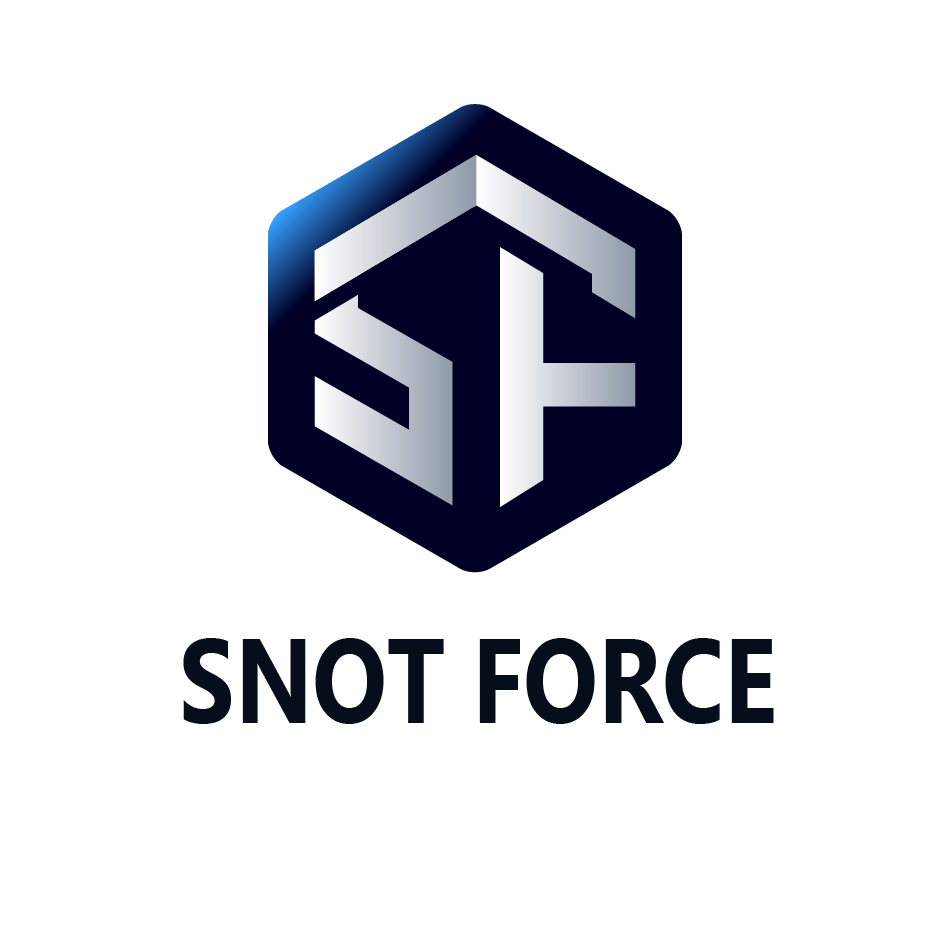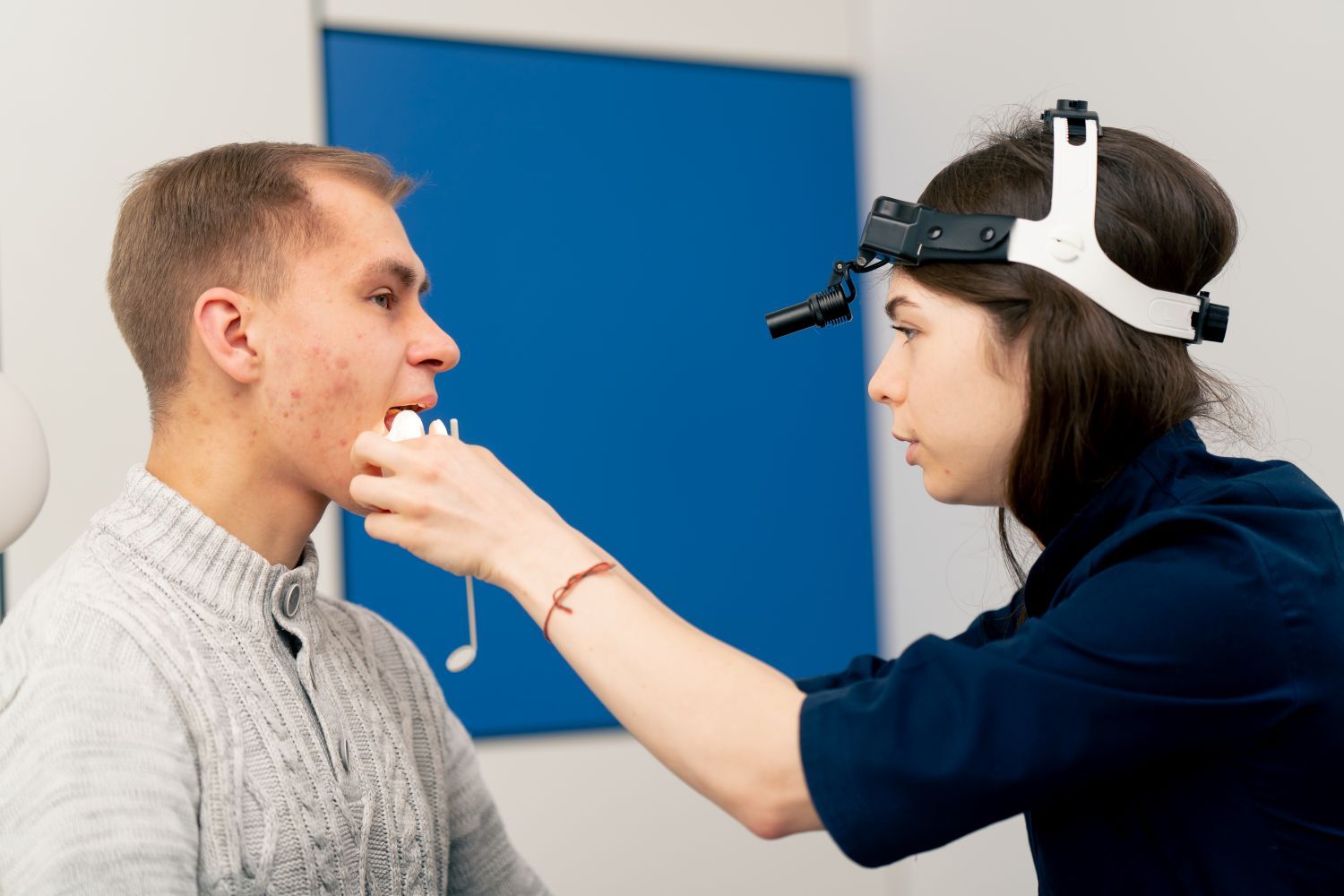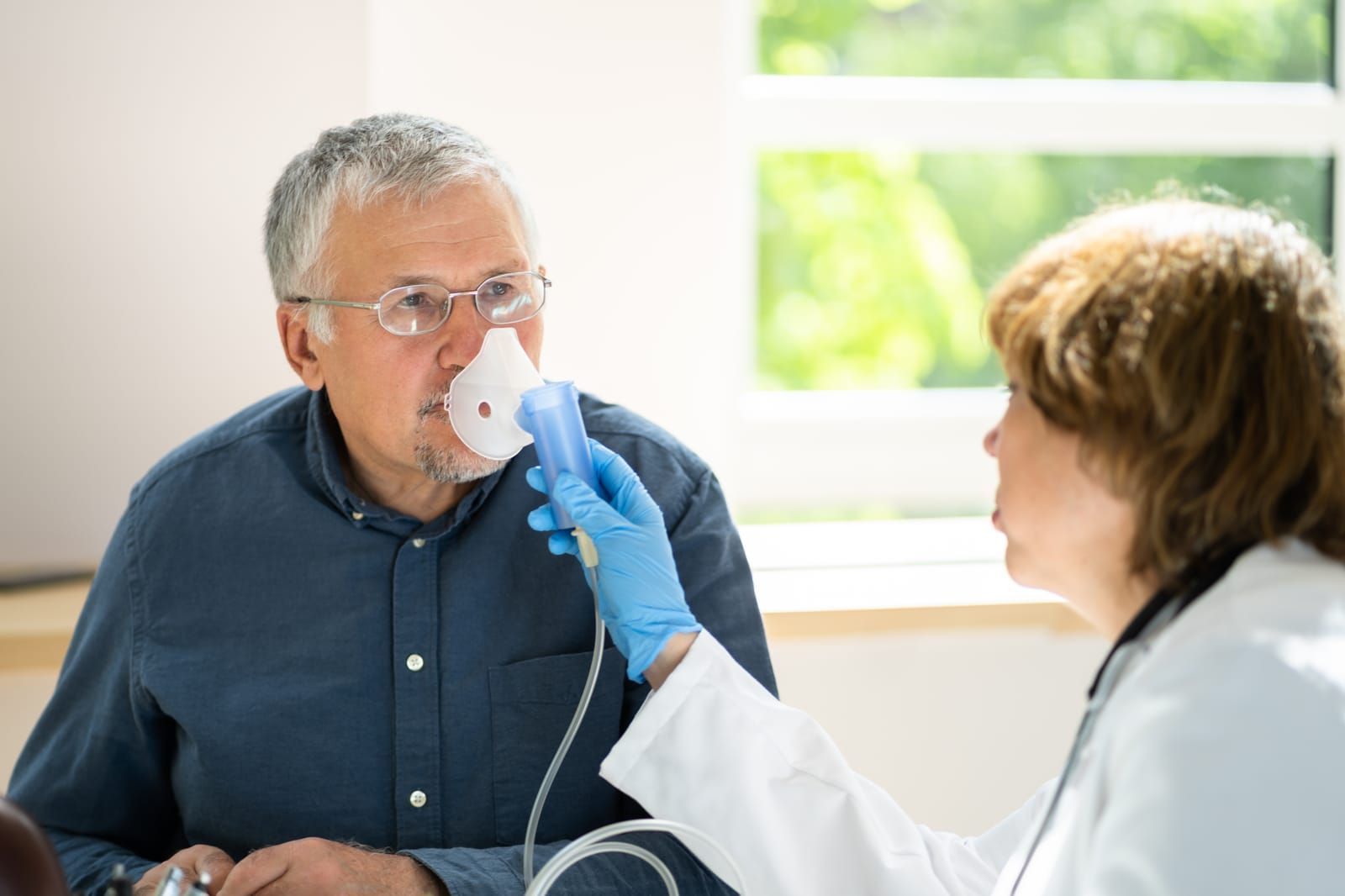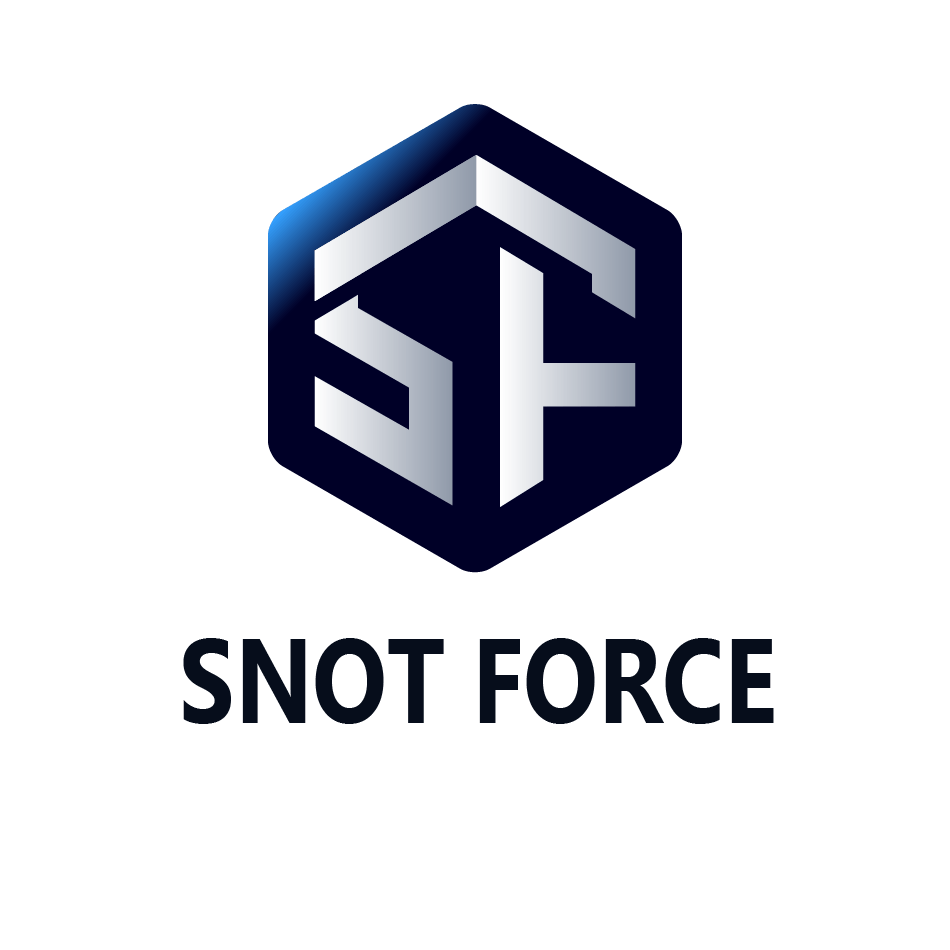MEDICAL Discussion Groups: Share Your Opinions With Other Nose and Sinus Specialists
March 22, 2022
ENTs and allergists are very specialized, and it can be hard to find others like you locally. For this reason, many professionals decide to join statewide or national organizations to interact with people in their field. Conferences and other events designed to allow you to collaborate can help improve your clinical skills and further your career at a faster pace. Here at Snot Force, we've decided to create such a network, but slightly differently.
In addition to providing you with valuable contacts, interesting opportunities for continued professional education, and the opportunity to collaborate in research with other specialists, we aim to make our events as entertaining as possible. You'll be exposed to new ideas and locations, all the while learning more about your profession. In such an environment, you can't help but thrive and make valuable connections.
What Are Medical Discussion Groups?
Working as an allergist and ENT can be difficult, particularly if you have your own practice and don't often collaborate with other professionals. But it doesn't have to be that way. Here at Snot Force, we aim to connect doctors, nurses, and other healthcare workers who specialize in sinus and airway issues, so that they can improve their practice and get to know others in the same profession.
Once you join
, one of the primary ways you'll meet others is through our group meetups. Since our network already includes over 400 people from 37 different states, we can hold these regularly and in a wide variety of locations. Usually, the groups will focus on one specific topic or area of interest, although we will sometimes hold more general and informal meetings where you can network and speak about what currently concerns you.
How Can Being Part of an Organization Benefit You?
Now you know what happens at one of our groups, you might wonder why you should join and how this could benefit you and your practice. There are a number of reasons why joining forces with other professionals is a good idea, and undoubtedly you will already be part of other medical organizations. But Snot Force is different because we not only allow you to learn and get your CME credits, but we also aim to make the process fun.
Collaborate with Other Specialists
The primary reason why most people decide to sign up is that they would like to meet others in their field. Specializing in nose and sinus issues is a very niche endeavor, so you're unlikely to have a large number of colleagues in your local area. In fact, you may be the only person working on this problem in your town or your hospital, depending on the size and population density of your area.
That's why connecting with a local and national network of other nose specialists is so crucial. You will gain access to all their knowledge, insights, and experience, and you will also be able to share stories of your practice. Others working with noses will understand you in the way that your family, friends, and general doctors won't. What's more, you never know what professional opportunities you'll find out about through members of our community.
Learn About New Treatments
How we treat sinuses has changed dramatically in the past years, and the methods used aren't the same in all parts of the country. By finding out how other professionals in your field handle complex or unique cases, you can improve your own practice. At our Snot Force meetups, you won't only encounter doctors, but also other healthcare workers, people selling medical equipment, and researchers.
While talking to these professionals with various insights and backgrounds, you might find out about new methods you hadn't considered yet. What's more, you could gain access to products and medicines that are at the cutting edge and not yet being used by most doctors. In that way, you can further improve your reputation as a leader and innovator in your field.
Work Together in Research
Have you ever encountered an issue you couldn't solve, or do you have burning medical questions that are not yet answered? A number of researchers are a part of the Snot Force family, so you'll get to speak to people working on the most pressing issues. Depending on your personal experience, you may even be able to join them and work on a new treatment or discovery. The more people collaborate, the more quickly medicine will progress.
Get CME Credits
Every year, medical professionals need to do some continued education in order to stay relevant in their industry. Medicine advances quickly, and the ways nose and sinuses issues are treated change over time. For this reason, getting your Continuing Medical Education credits is key.
Fortunately, our Meeting Series is accredited and will count towards this requirement. We have developed this program in collaboration with Indiana University School of Medicine to provide you and your colleagues with an engaging educational resource that aims to improve the service you provide. To find out more and how you can get your credits, you can get in touch with us or fill out the CME registration form on our website.
Have Fun While Improving Yoursel
f
There are many different discussion groups and professional organizations a nose doctor could join, but most of them are serious and focused solely on the work. We've decided to create something different because we believe that a community is stronger when all members enjoy being part of it and support the vision. Just because you work with snot on a daily basis doesn't mean that you can't have fun while learning more.
Many of our events, such as the KY Bourbon and Roses Sinus, Allergy, and Airway Symposium
coming up this October, center around an engaging activity as well as the educational aspect. If you decide to attend the aforementioned symposium, you will get to explore bourbon distilleries in Kentucky and taste their products. At the same time, you'll learn about precision medicine in airway disease and meet other otolaryngologists, allergists, and pulmonologists.
How Can You Join the Snot Force?
Are you convinced yet? If so, there's an easy way to join online. Simply click on the "Join" link
at the top of our webpage, which will take you to a short survey about your medical background and interest in sinus issues. At that time, you can also let us know what you hope to get out of the group, such as CMEs, collaboration, social media engagement, and promoting your business.
Once you've submitted this form, you can then expect us to get back to you as soon as possible with more information. If you have any additional questions in the meantime, you can read up about our events, our founders, and what to expect from us on the website.
As a nose and sinus doctor, you might not have many local specialists to collaborate with, so joining discussion groups is key. They can allow you to exchange ideas, collaborate, take part in innovative research programs, and get your CME credits.
to sign up to one of our events or learn more about what we do. We'll be happy to connect you to hundreds of others working with sinuses, allergies, and airways.
The U.S. spends nearly $5 trillion on healthcare every year—about 20% of its GDP. With artificial intelligence (AI) set to transform medicine, the pressing question for physicians is: Will AI actually reduce healthcare costs, or will it simply add another expensive tool? This matters not only for the financial sustainability of practices but also for patient outcomes and the future of healthcare delivery. Let’s separate facts from hype and explore what AI truly means for healthcare costs.

Sleep apnea is a common yet complex condition that many physicians encounter in their practice. While the diagnosis and treatment of sleep apnea can significantly improve patients’ quality of life, managing this disorder presents several challenges for healthcare providers. We’ll explore some of the key hurdles physicians face in managing sleep apnea and discuss strategies to overcome them












